|
GOAL: $1 Million endowment for each library A $51 million endowment will provide about $45,000 per year to each library. It will also fund the New Mexico State Library to provide specialized services for rural libraries and small grants for communities to establish new libraries. There is presently $13 million in the endowment. RESOLANA Literally a place to rest and socialize in the sun, rural libraries provide resolana, a place where citizens can come together. Social connection, nurtured by libraries, promotes personal and community health and safety. Local Problem Solving Rural libraries are well positioned to understand and address their communities' needs. They often provide the only services to people of all ages in small towns. Not Just Books Libraries are at the nexus of nearly every issue in rural New Mexico including: internet access child wellbeing poverty aging health agriculture economic development culture natural disasters community gathering space SUPPORT FULL FUNDING OF THE RURAL LIBRARY ENDOWMENT RURAL LIBRARIES ARE VULNERABLE During a downturn in oil prices, the library in Elida closed. When the train no longer stopped in Vaughn, the library closed. When the Moly Mine closed in Questa, the library helped laid-off workers apply for unemployment and to find other jobs. $45,000 provided annually may have saved the Vaughn and Elida libraries when they were most needed. SALARIES Many rural library directors throughout New Mexico earn less that $15 per hour. Their work includes collection development, grant writing, facility management, creating curriculum for and running children's programs, managing staff and volunteers, and bookkeeping. One library director in Northern NM recently managed a $580,000 Capital project in addition to her other work. She is paid $12.50 per hour. Several assistant and children's librarians throughout the state are paid minimum wage. Libraries Sustain CommunitiesInternet Access From Columbus in Southern NM where only 20% of people have internet at home, to Central NM where the Villanueva library provides the only free internet for 75 miles, to Vallecitos in Northern NM where kids depended on the library to attend school during the pandemic, libraries usually had the only free internet in small towns. Education Many libraries, including Moriarty and Estancia, have GED programs. Where schools operate only four days a week, libraries in Magdalena, Questa and Gila offer Friday programing. Forty-five kids in Magdalena signed up for a Friday coding class in the first two hours it was advertised. Many libraries offer early childhood education, STEM (Science Technology Engineering and Math) programs. The Gila library brings their STEM into the local school, sponsoring projects such as snake preservation and “Birds that visit Duck Creek.” The Embudo Valley Library offers after-school programs four days a week. They partner with tutors to help kids who are behind. The Columbus Library was school for three elementary home schooled sisters. They resided there for 6 months when the bus they lived in broke down. Child Well-being Tatum library plans to bring Missoula Children's Theatre to town. Many libraries like Santa Clara Pueblo and Embudo Valley have parents and toddlers programs. Ohkay Owingeh brings 13 head start classes weekly for story time, one done in Tewa. They sponsor after school programs for 10-20 kids daily.
Agriculture The Embudo Valley Library initiated a farmer's market, has a seed bank and supports acequias. Many rural libraries sponsor children's gardens, teaching future generations about planting and farming. Community gathering places Rural libraries serve as community centers. They provide space for meetings of acequia commissioners, water boards and other community groups. The El Rito and Embudo Valley library have held gatherings to celebrate the lives of folks who passed away. Author readings, concerts, specialized children's' events like Zoo to You, puppet shows and Explora museum visits are common at rural libraries. Health Most rural libraries distribute covid tests. Embudo Valley and other libraries assist folks to sign up for insurance under the ACA act. The Columbus library helped a patron with a dental abscess and no transportation to find a ride to El Paso for treatment. With telehealth availability, libraries connect patients with doctors via internet. Natural Disasters During a wildfire, the Vallecitos library served as the command center for the forest service. When a subsequent flood destroyed their town water system, the library provided water filters and taught people how to use them. The Jemez Springs library was an information access point for evacuees and visitors during the Cerro Pelado Fire. The Ojo Sarco Community Center(soon to be a library) and the Embudo Valley libraries are food collection centers for the Hermit's Peak Fire evacuees. Poverty The library in Talpa provides space for food distribution. In Capitan, the library runs a second hand store and donates clothes and other items to folks in need. The Gila library gives a bag of groceries to each child weekly when they come to summer programs. Job Creation Full endowment funding will create jobs. Most rural libraries report their greatest need is staffing. Long staffed by volunteers, the Anton Chico library would love to hire a paid director, as would the Torreon library on the Navajo reservation. Tularosa would like to hire staff to run children's programs. With funding they could bring kids in the summer to the Space Museum and White Sands. Chama would hire locals to teach arts and crafts. Basic infrastructure, such as the new doors Tatum and Clayton need (but can't afford) could be done by local craftspeople.
Culture and History The Magdalena library has a history museum in a boxcar. The Columbus library has permanent art collections and rotating exhibits of local artists. Talpa and other libraries hold quilting and arts and crafts classes. Talpa published a local cookbook. The Embudo Valley Library sponsors Dixon's annual Fiestas featuriing live local music. San Ildefonso Pueblo library teaches children how to cook traditional foods. Torreon library on the Navajo reservation is transcribing oral histories for future generations. Abiquiu library sponsored teens to work with UC Berkeley archeologists in pre-historic sites. Government and Other Services The Hatch area is home to generations of Spanish speaking agricultural workers. Their library helps people get drivers licenses, apply for citizenship and translate documents. Many libraries help citizens apply for unemployment and provide notary, fax and copy services. Columbus helps with voter registration. Criminal Justice Many libraries, such as Embudo Valley, serve as places people can perform community service to repay society for their crimes. SEVERE UNDERFUNDING Nearly half of New Mexico's rural libraries operate on less than $50,000 per year, some less than $10,000. In unincorporated villages, 501 (c)(3) libraries raise most of their budgets from private donors, grants and fundraisers. A fully funded endowment will relieve the stress of constant fundraising and allow more time to focus on programming. Anti-donation Clause
Most public libraries in New Mexico are funded by municipalities. The 14 libraries in unincorporated villages organize as 501 (c)(3) non-profit corporations. The anti-donation clause of the New Mexico constitution was written to protect state money from being misused by large corporations like Railroads. The Local Economic Development Act, (LEDA) of 1978 allows the state to give tens of millions of dollars to corporations like Amazon, Net flix and Facebook, but the anti-donation clause forbids small non-profit libraries from using endowment funds for capital expenses. Consequently, the tiny Vallecitos library can't afford to build a wall for its bathroom, the Capitan Library can't replace inefficient windows and the Villaneuva library can't insulate and repair their roof and heating system. A constitutional amendment is required to repair this situation. The New Mexico Rural Library Initiative The New Mexico Rural Library Initiative was established to promote a statewide rural library endowment and to help support and sustain rural libraries and their communities. You can support our work with a contribution through the Santa Fe Community Foundation. Shel Neymark New Mexico Rural Library Initiative PO Box 2Embudo NM, 87531 (505) 579-4432 (505) 614-6355 (cell) [email protected] nmrurallibraryinitiative.org
0 Comments
Your comment will be posted after it is approved.
Leave a Reply. |
Submit your ideas for local feature articles
Profiles Gardening Recipes Observations Birding Essays Hiking AuthorsYou! Archives
October 2025
Categories
All
|
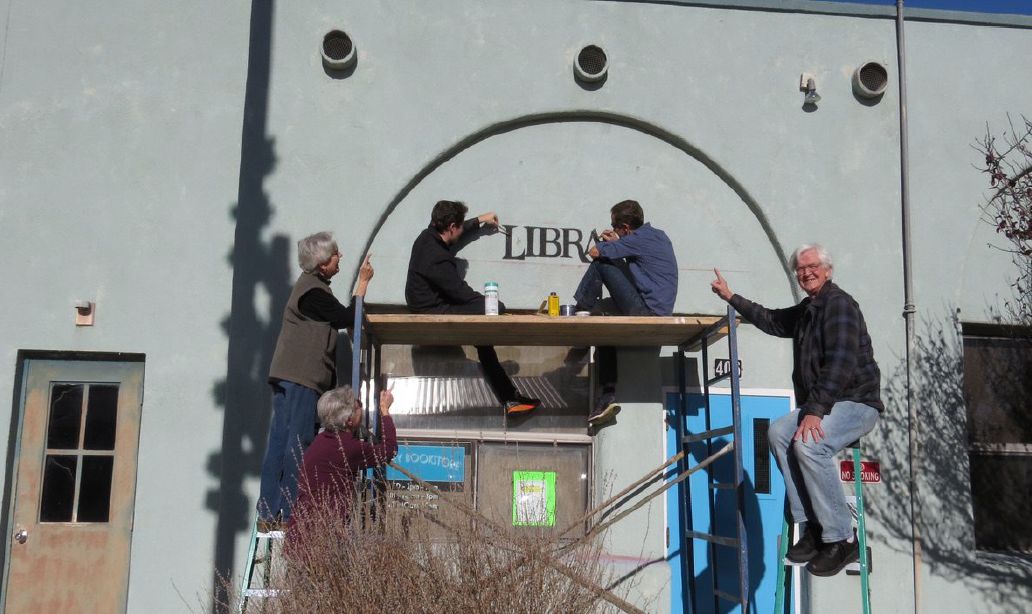
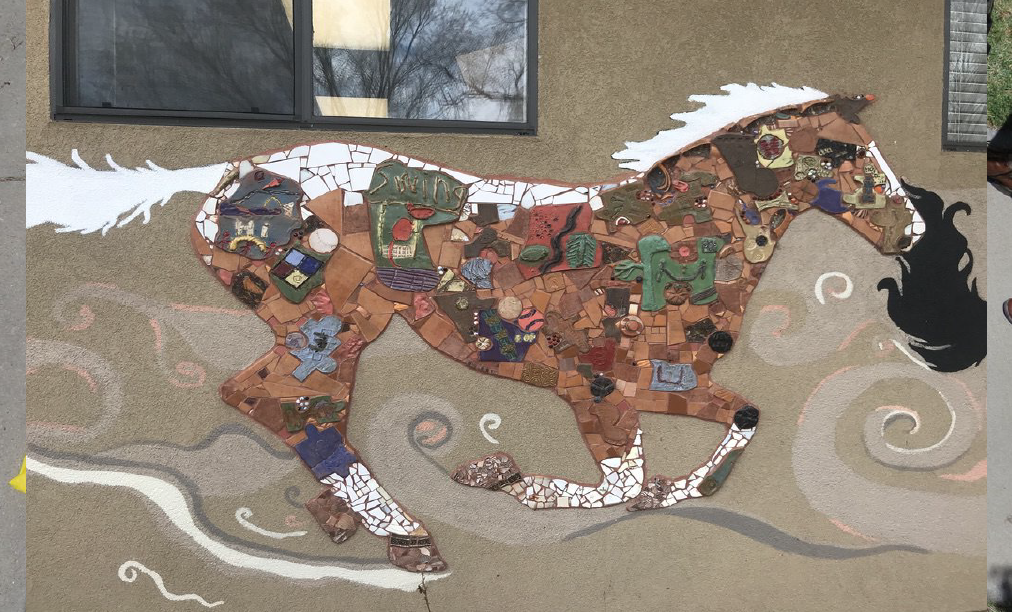
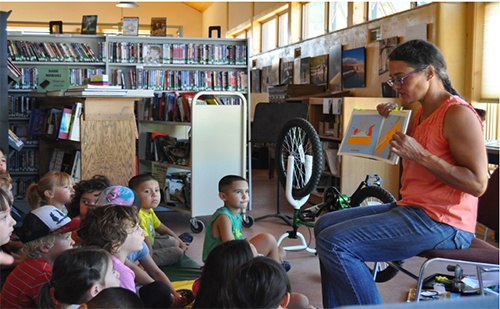
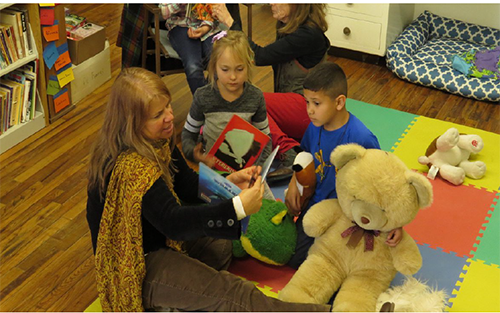

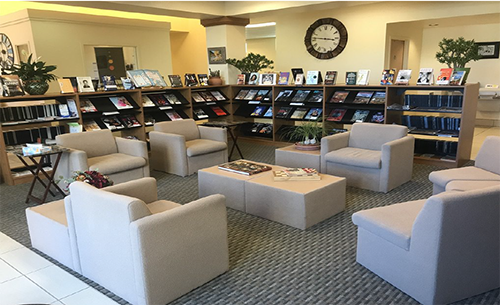
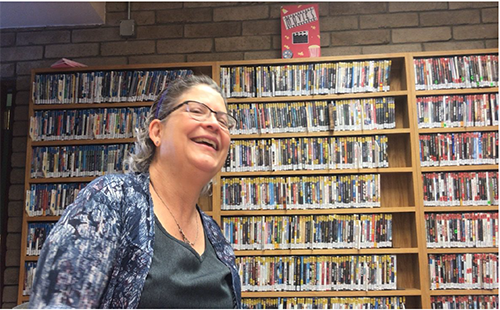
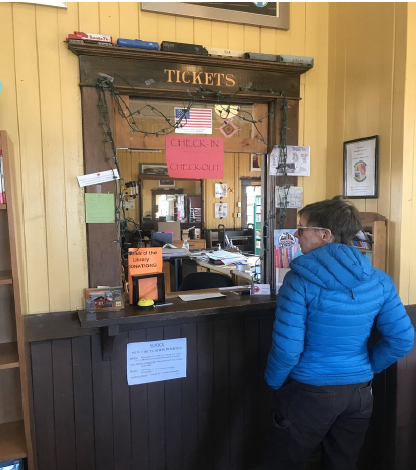

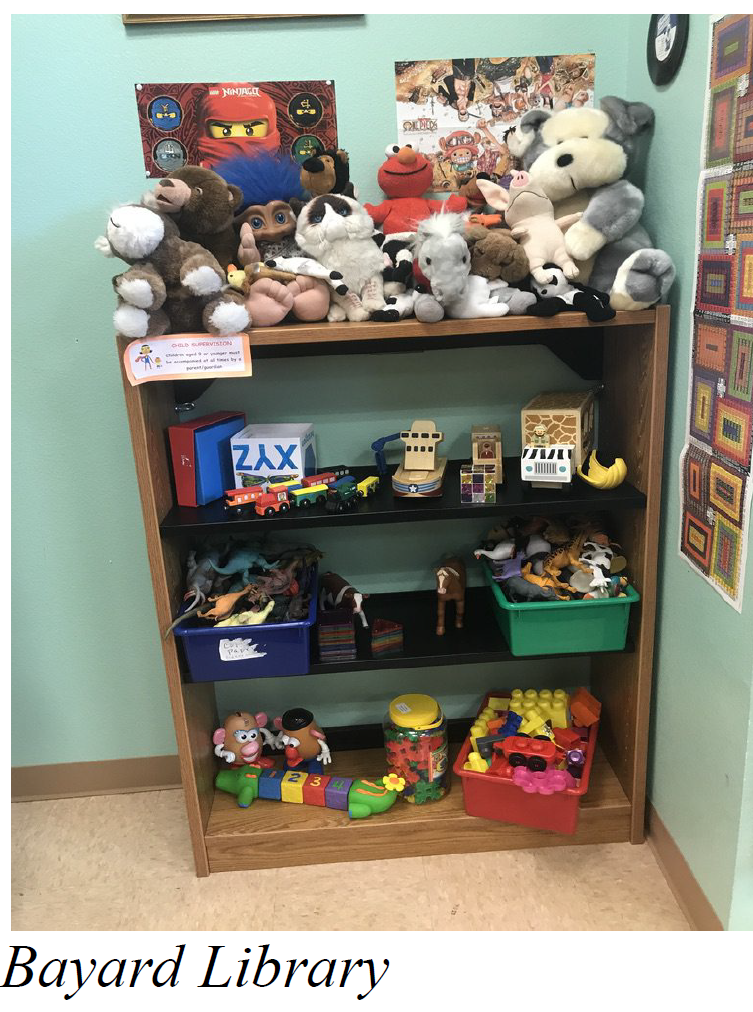
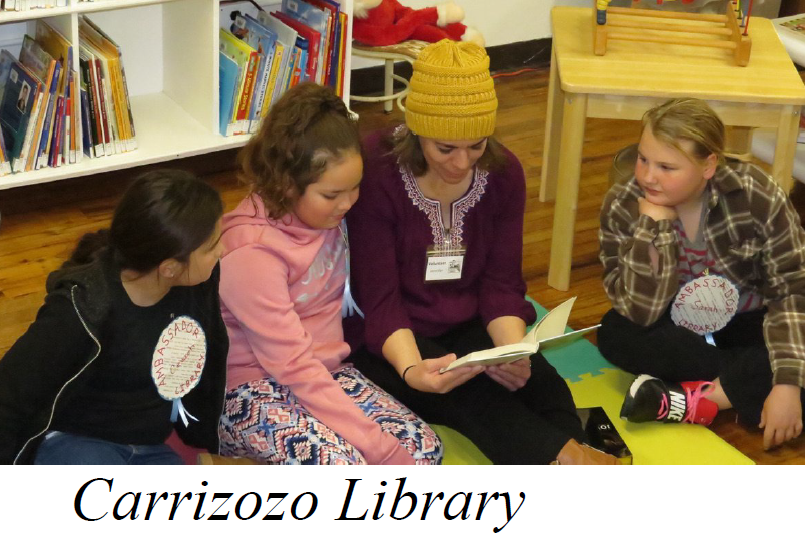
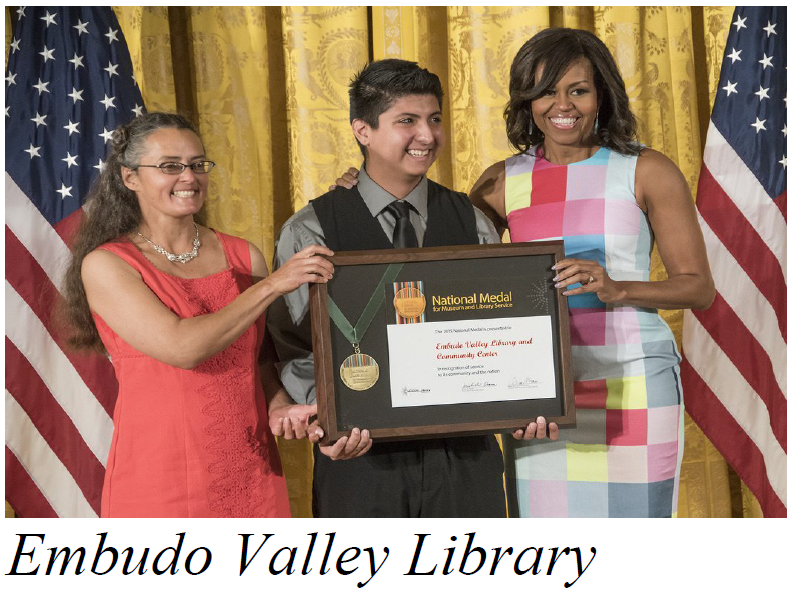

 RSS Feed
RSS Feed